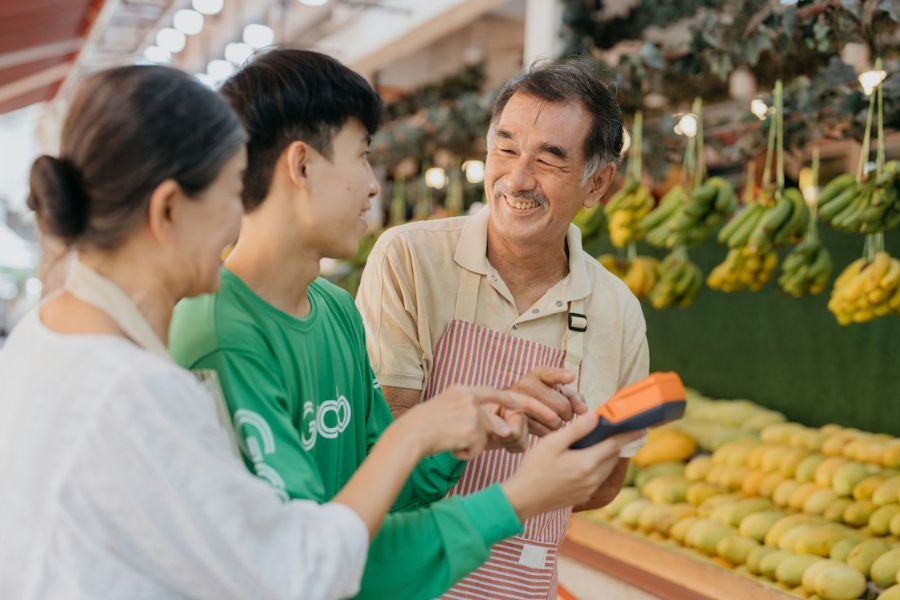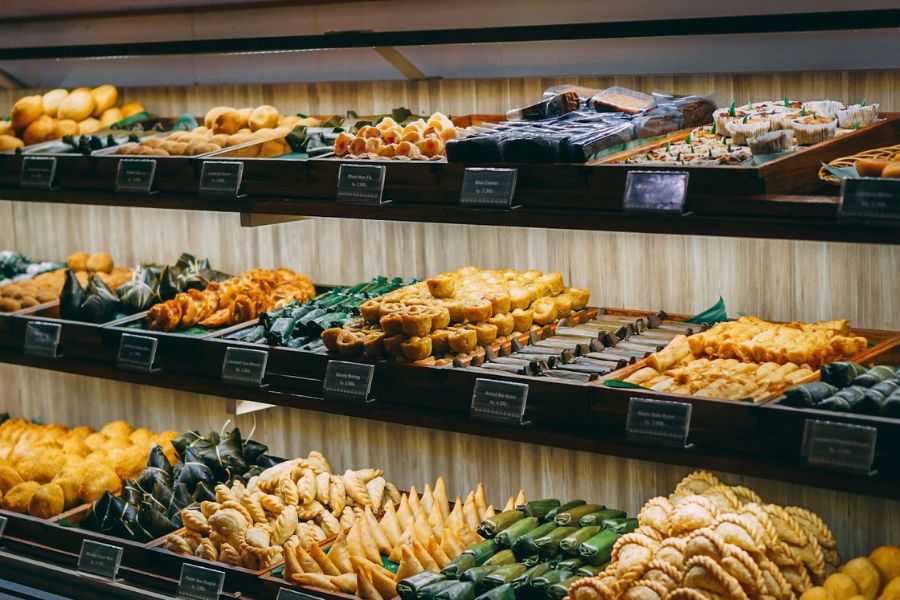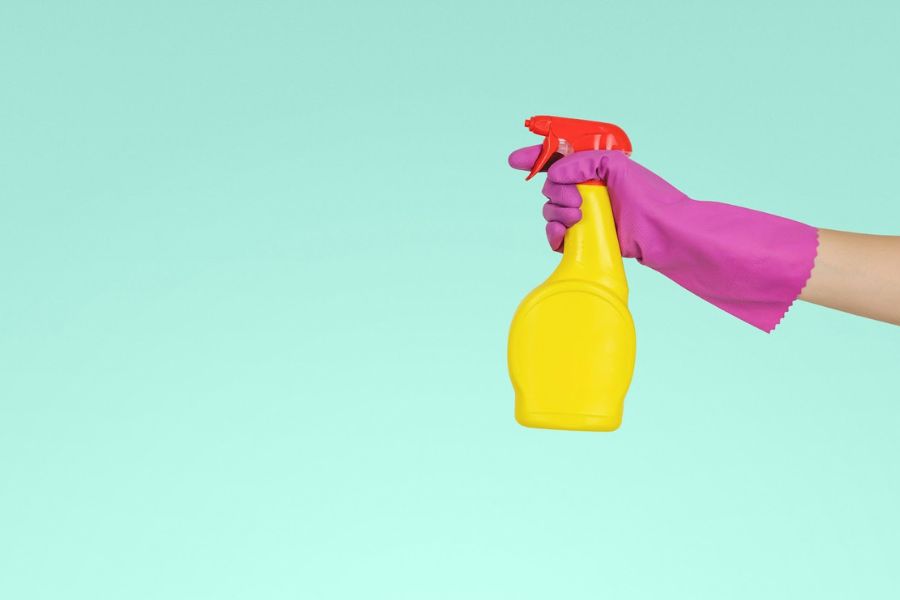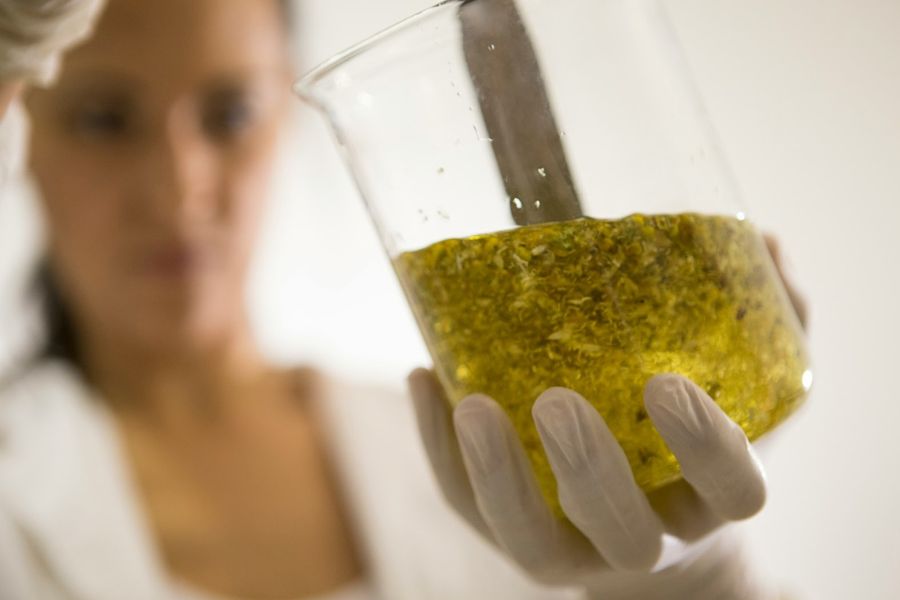Indonesia takes its product safety regulations seriously. Nevertheless, these laws and policies change occasionally. Sometimes, the government adjusts them without informing the public.
So, you want to start a new online store in Indonesia? Then, here’s everything you need to know about the country’s product safety rules.

What Are the Product Safety Regulations in Indonesia
Some common categories where regulations may apply include food, drugs, beverages, and electronics. These are either items people ingest or ones that could cause physical harm if defective.
According to the Asia Pacific Food Law Guide, the country’s food regulation is governed by Law No. 18/2012 on Food or “Food Law.” It sets the basic legislation on food as the most important human need.
The Food Law states that food is a human right, as guaranteed in the 1945 Constitution of the Republic of Indonesia. It also says that the government must ensure that the food is sufficient, safe, and nutritionally balanced.
Meanwhile, food quality is governed by GR 28 (Government Regulation No. 28/2024 on Food Safety, Quality, and Nutrition). GR 28 regulates:
- Food sanitation
- Additional ingredients
- Food modification
- Food packaging
- Food quality
- Food contamination, etc.
Meanwhile, other laws regulate other goods. For instance, look at the following examples:
- Law No. 26/2009 on Health. Regulates medicines and therapeutic products.
- President Regulation No. 74/2013 on the Alcoholic Beverages Control and Supervision. Focuses on alcoholic beverages.
- Consumer Protection Law (Law No. 8/1999 on Consumer Protection). Lays out principles for the protection interests of consumers. It also governs food transport.
These are just some of the laws for consumer protection in Indonesia. However, they usually change depending on trends and new findings. Thus, you must follow them to continue your store.

Product Safety Compliance
Businesses need to follow various laws and policies. The state sets in-depth product safety rules. The state does this through its Ministry of Industry and other regulatory bodies.
These policies are not just rules. They are also a strategic move because they safeguard consumers’ health and well-being. There are regulations across many sectors.
For example, companies in electronics, food, and medicines should be certified. They must get the SNI (Indonesian National Standard). Also, they must adhere to specific labeling requirements.
The country’s regulatory landscape is quite complicated. It’s difficult for new shops to navigate it on their own.
Thus, many brands partner with local expert services. These consultants ensure business compliance in Indonesia. As a result, online stores work better with state regulatory agencies.
Product safety is crucial. It protects consumers and enhances brand reputation and competitiveness in its consumer sectors.
In short, following safety rules is more than just a legal obligation. It is also a strategic effort for brands that want to succeed in the country.

Impact on Product Development
The country’s product regulations ensure safety, reduce injury risks, and improve quality of life.
Furthermore, these laws enhance the product development environment. They influence almost every production process, and product safety guidelines impact things like design, testing, marketing, and distribution.
Specifically, their influence covers:
- Design. The law requires risk checks. They must also use materials that meet safety standards, integrate safety features, etc.
- Testing. Companies invest in testing procedures to make their products meet safety standards.
- Marketing. Brands need to provide safety information through labeling and marketing materials. As a result, Indonesians can completely understand what they are consuming.
Complying with product safety regulations is not a walk in the park. However, if you do it right, you will ensure your consumers’ safety and your growth.
Labeling and Documentation Requirements in Indonesia
These are among Indonesia’s product safety measures. Safety labels have three main goals:
- Allow companies to follow their market codes,
- Provide legal defense in case of accidents, and
- Disclose risks.
The outlined requirements are crucial for local brands. If you want to operate in the country, you should keep these in mind. You must register with relevant authorities before distributing or selling goods.
The law requires all online stores to use labels written or printed in Indonesian. You must also use Latin letters and Arabic numbers.
On the other hand, labeling should not contain the following:
- Misleading information;
- Comparisons to other products and competitors;
- Promotion of certain similar products;
- Claims about the product’s effects on health;
- Any information that isn’t approved by Indonesian regulators.
These vary depending on the product you plan to market.
Food is a basic necessity. Thus, let’s check its’ labeling needs:
- Name of the product;
- A list of the ingredients used;
- Net content or net weight;
- Manufacturer’s name and address (It also goes with import regulations in Indonesia);
- Expiration date.
The government considers these to be safety measures. Thus, compliance will make your online store more trusted and ensure consumers’ safety.
Product Testing and Certification
The country requires you to prove your products are safe for consumer use. You can do this by undergoing product safety tests.
Companies need to follow manufacturing protocols to ensure safety testing. Once they achieve quality assurance, they can be approved by third-party organizations.
Don’t get confused; you can volunteer for product testing so that your goods are safe for use. Meanwhile, the tests are usually provided by Indonesian regulators.
Specifically, here are the main Indonesian product safety certifications:
- Halal Certification. This proves that manufacturers produce their products in a halal way. This includes food, beverages, cosmetics, and medicines.
- SNI or Indonesian National Standard. It provides an assessment that recognizes the quality of a product. SNI thus confirms that the goods complied with state requirements.
- HACCP Certification. The Hazard Analysis and Critical Control Points determine food safety hazards. The HACCP also controls rules to ensure products are safe for use.
- SPP-IRT. SPP-IRT translates to the Home Industry Food Product certification. This focuses on food and beverages sold in retail stores and used in households. Thus, businesses must first ensure they can merge with the residential place. Also, they use manual to semi-automatic production processes to produce food.
Follow the suggested tests to avoid problems. Then, meet any certification requirements in Indonesia and get certified.

Recall Procedures and Reporting
The state product safety regulators take quality assurance standards seriously. Therefore, this is why you must conduct product recall in Indonesia when needed. For example, you must do it when products don’t meet QA standards.
BPOM or the Food & Drugs Supervisory Agency can either require a national or local recall. With this in mind, the agency forces brands to destroy products that do not meet standards, which prevents vulnerable Indonesians from consuming them.
If or when the products worsen consumers’ health, you must report them. Brands must inform the nearest medical unit about incidents involving their products.
These medical service units will then report the events to the municipal service in charge of health affairs. They also need to report them to BPOM.
No regulation requires makers or importers to report to BPOM immediately. However, officials highly suggest it. Businesses do this because this shows you’re acting in good faith.
International Product Safety Regulations
The country adheres to many international product safety regulations. These rules follow global standards and practices.
Specifically, here are some examples:
- ISO. First, we follow the International Organization for Standardization. The ISO covers product quality, safety, and management systems.
- WTO. As a member of the World Trade Organization, the country adheres to its agreements. Examples are the TBT or Agreement on Technical Barriers to Trade. It also follows SPS (Agreement on Sanitary and Phytosanitary Measures).
- UNECE. Indonesia also participates in UNECE activities. These activities relate to product safety regulations, especially for automobiles.
Aside from these, we also adhere to other global product safety laws.
A good example is the Codex Alimentarius Commission. There’s also the IPR (International Agreements on Intellectual Property Rights).
Supply Chain and Vendor Compliance
The country’s supply chain begins with vendor measures.
Vendors must adhere to rules set by product safety regulators. They must conduct rigorous tests, acquire certifications, and submit papers. As a result, not following this means they can’t sell to consumers.
Therefore, when all vendors follow the rules, you create an accountable supply chain. These include production, product transport, marketing, etc.
By prioritizing product safety, the supply chain protects consumer health. It fosters trust and confidence.
Penalties for Non-Compliance in Indonesia
Penalties for not following rules vary depending on the kinds of products and regulatory agencies.
For example, when your business has violations in the field of processed food, here are the penalties you will face:
- Temporary distribution ban;
- Food recall from the market;
- Food extermination if your product is proven to endanger health and lives;
- Temporary production cessation;
- Lastly, there is a possibility of revocation of production approvals and licenses.
These are just some of the penalties you could face if you can’t follow the country’s product safety laws and requirements. Thus, you must ask for help from trusted safety solutions providers.
Consumer Education and Awareness
Indonesia’s product safety laws include educating consumers.
Consumers must therefore be completely aware of the products they consume. Agencies, industry stakeholders, and consumer protection organizations make this possible.
Thus, regulators and agencies launch education campaigns. These emphasize understanding product ingredients, reading labels, and recognizing safety rules.
Encouraging consumer education and awareness reduces consumer harm. It also motivates people to report unsafe products, which helps improve the market.
How To Ensure Continuous Compliance
The government greatly values product safety compliance. Therefore, your business should know the best practices. These ensure that you follow product safety rules.
Specifically, keep these things in mind:
- Always stay updated because product safety regulations in Indonesia tend to change occasionally.
- Ensure robust quality control measures to meet safety standards.
- Make sure your employees are well-trained in product development, manufacturing, and distribution.
- Regularly conduct internal audits.
- Work with suppliers to ensure raw materials meet safety rules.
- Finally, receive and address consumer complaints.
These product safety compliance practices ensure that you can offer safe products.
Risk Assessment and Management
Running an Indonesian online business comes with its fair share of challenges. This is especially true when ensuring product safety. Thus, understand risk assessment and management to protect your online store.
Risk assessment in Indonesia involves identifying hazards in online business operations. Management then takes steps to remove these risks.
If your online store is a ship, risk checks help you spot potential leaks before they sink you. Management is what you do to patch them up.
Is your online store booming? This growth will come with new product safety responsibilities. If your products are unsafe, you face hefty fines and even legal actions. Your tarnished reputation may even sink your ship. By assessing and managing risks, you can avoid these pitfalls.
These next sections will discuss how.
Identifying Potential Hazards
First of all, spot what could go wrong before it actually does. This involves examining every part of your online store to find risks affecting product safety.
Some examples include:
- Faulty products
- Supply chain issues
- Regulatory non-compliance, and more.
In your store, this means looking at every step. Thus, look at phases like product sourcing to packaging, then to shipping. Ensure that all aspects are well within the rules.
Here are some best practices for that:
- Regular supplier audits. Ensure your suppliers follow product safety standards.
- Quality control checks. Inspect products before they go live on your website.
- Legal reviews. Stay updated on Indonesian product safety rules.
- Customer feedback analysis. Listen to what your customers say to catch early signs of problems.
- Risk reports. Regularly document and review potential risks.
Identifying hazards early on prevents them from becoming bigger issues. This proactive approach saves you money in the long run.
Implementing Safety Measures
Once you’ve identified potential hazards, the next step is to implement safety measures.
This means creating and enforcing rules to remove risks. Think of it as putting up safety nets to catch any potential problems.
For your online store, this might involve setting up strict rules. For example, do you think your product is a little fragile? You might want to make rules for handling it.
This process involves things like packaging and handling guides for product compliance in Indonesia. Specifically, take these best practices:
- Develop clear safety protocols. Create rules for handling, storing, and shipping products.
- Employee training programs. Train your staff to follow safety protocols consistently.
- Safety certifications. Ensure your products meet recognized safety standards.
- Routine safety audits. Regularly check that all safety measures are being followed.
- Effective communication channels. Keep open lines of communication for reporting safety concerns.
These measures lessen the chance of hazards turning into real problems. Consequently, they keep your customers safe and reduce the likelihood of costly recalls or legal issues.
Crisis Management
This is how you manage things when something actually goes wrong.
Good practices mean having a strategy in place to quickly and effectively handle any safety issues that arise. Thus, the ultimate goal is to lessen damage to your brand.
In an e-commerce setting, crisis management means being prepared to respond quickly to anything that could occur. Control the situation when you have product recalls or safety complaints. Be proactive about unforeseen violations of ecommerce regulations in Indonesia.
Here are some best practices.
- Create a crisis response plan. Outline clear steps for dealing with identified safety issues.
- Appoint a crisis management team. Designate specific roles for quick action. As a result, when a crisis happens, your designated team’s responsibilities will kick in.
- Set communication protocols. Know how to inform customers and authorities. Learn the what, when, and where of crisis communication.
- Run regular drills. Practice your crisis response to ensure everyone knows their role.
- Document every incident. Keep detailed records of any issues and your response.
All in all, a solid crisis management plan is the difference between a minor hiccup and a major disaster. Having a plan builds a more resilient online store that customers can trust. Therefore, you avoid long-term damage to your business.
Frequently Asked Questions
What is Indonesia’s product standard?
Indonesia’s product standard is SNI, which the National Certification Body (BSN) sets. Every product created and imported should comply with the SNI. Hot tip: use an ecommerce platform that lets you follow these standards without hassle by having built-in compliance features.
Are there any products Indonesia is famous for?
Indonesia is a major exporter of natural gas and crude petroleum products. Thus, it’s well known for them. Also, we’re popular as a hub for halal certification and halal-certified products.
Define food safety standards and how they can help me.
Food safety standards are rules set by states. They ensure the food supply chain’s quality and safety.
How can foreign businesses ensure compliance with Indonesian product safety regulations?
First, the most effective step is to partner with local legal experts. They’re well-versed in complex product safety regulations in Indonesia for foreign brands. Also, working with reliable suppliers prevents legal issues from their side. Finally, install robust safety protocols for your products.